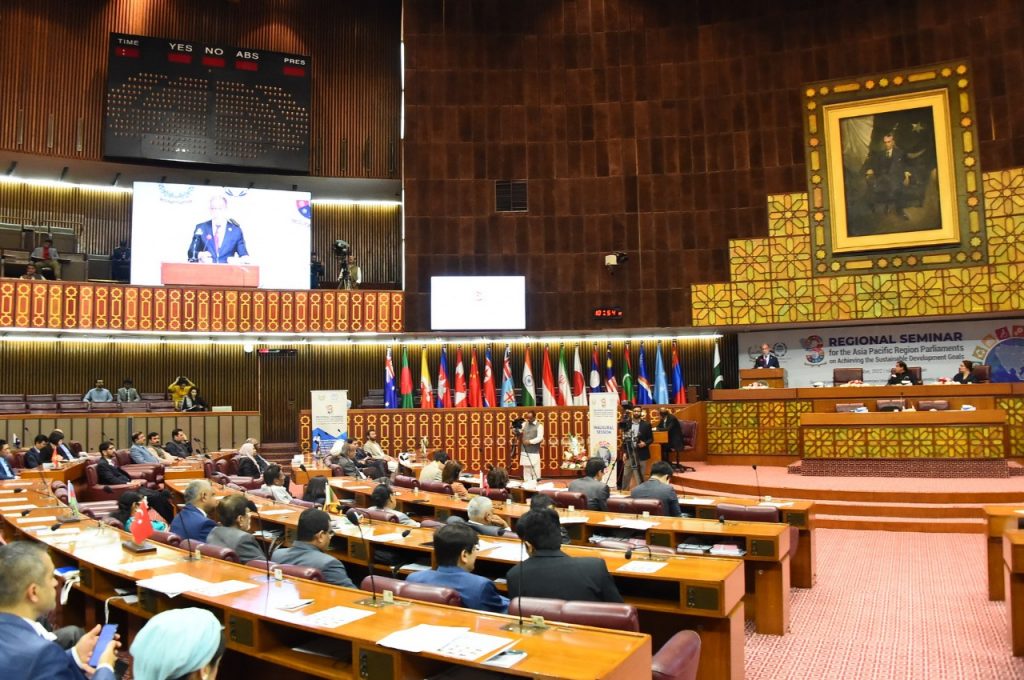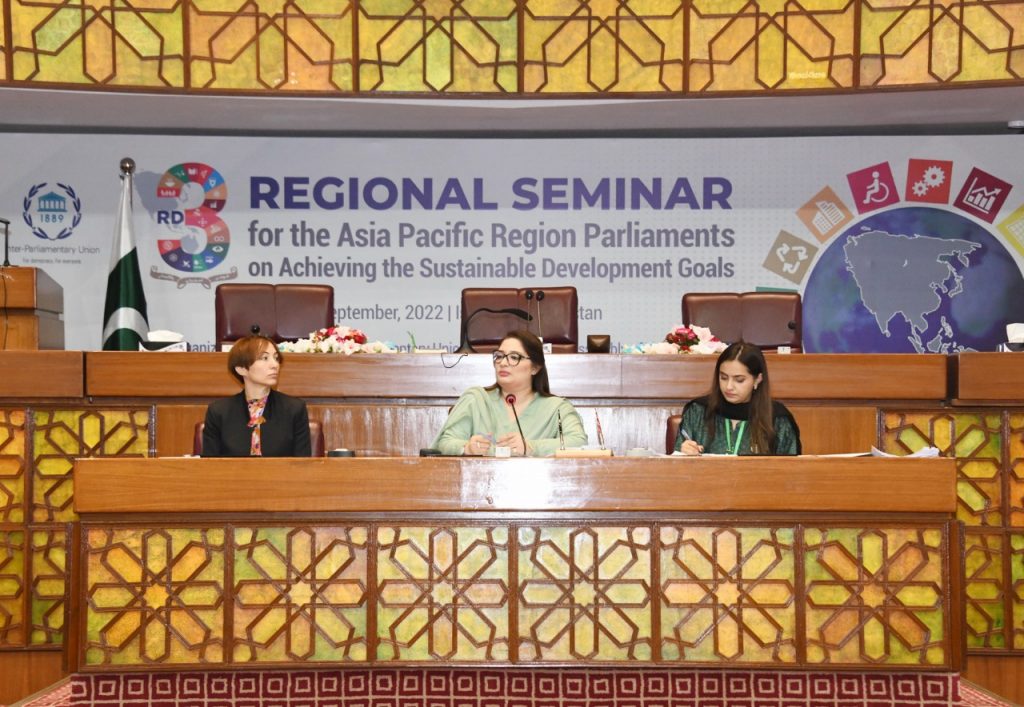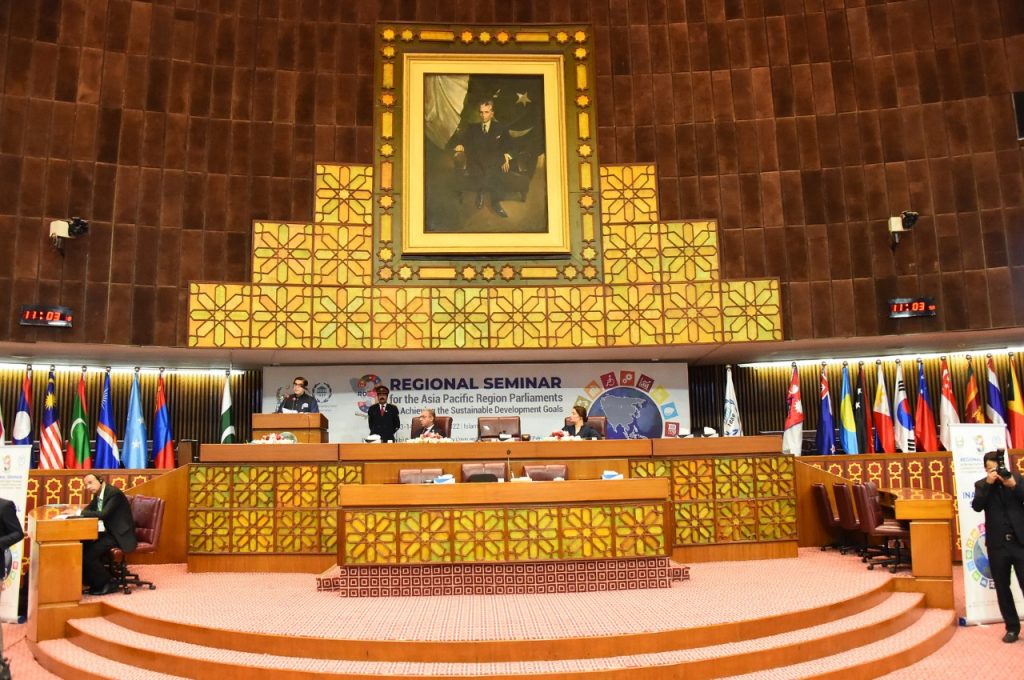
SDGs Legislative Mapping
News
Ending Hunger and Malnutrition
Wednesday, 14th September, 2022 Islamabad (13 Sep 2022): Federal Minister for Poverty Alleviation and Social Safety, Shazia Marri resolved to achieve SDGs target to eradicate hunger and poverty while ensuring safe and nutritious food by 2030 and end all forms of malnutrition by 2035 in the country. While addressing the sideline session on “Ending Hunger […]
Ensuring Equitable Access to Health
Wednesday, 14th September, 2022 A sideline breakout session titled “Ensuring Equitable Access to Health” at the 3rd Regional Asia-Pacific Seminar of IPU was held at Parliament House today. Ms Palitha Mahipala, WHO Representative and head of Mission to Pakistan, Ms Aleksandra Blagojevic, Programme Manager for International Development, IPU and Mr Habibe Millat, Former President of […]
Inaugural of the 3rd Inter-Parliamentary Union (IPU) Regional Seminar on Achieving Sustainable Development Goals for Parliaments of Asia-Pacific
PRESS RELEASE DETAILS Speaker, Convener SDGs and IPU President urge Parliamentarians from Asia-Pacific to support flood-ravaged Pakistan, during the inaugural of the 3rd IPU Seminar Tuesday, 13th September, 2022 The primary session of the 3rd Inter-Parliamentary Union (IPU) Regional Seminar on Achieving Sustainable Development Goals for Parliaments of Asia-Pacific was held at the Parliament House, […]
News Articles
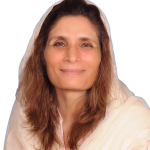
by Andleeb Abbas
Parliamentary Secretary MoFA
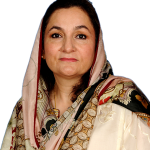
by Mehnaz Akbar Aziz
MNA
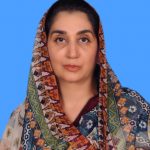
By Naureen Ibrahim
MNA, SDGs Taskforce Member

By Hassan Hakeem
Lead Parliamentary SDGs Secretariat
PROVINCIAL TASKFORCES
BUSINESS IN THE HOUSE
0
Bills
0
Resolutions
0
Call Attentions
0
Motions
0
Questions
Social Media
Event Calender
| Title | Description | Date |
|---|


















